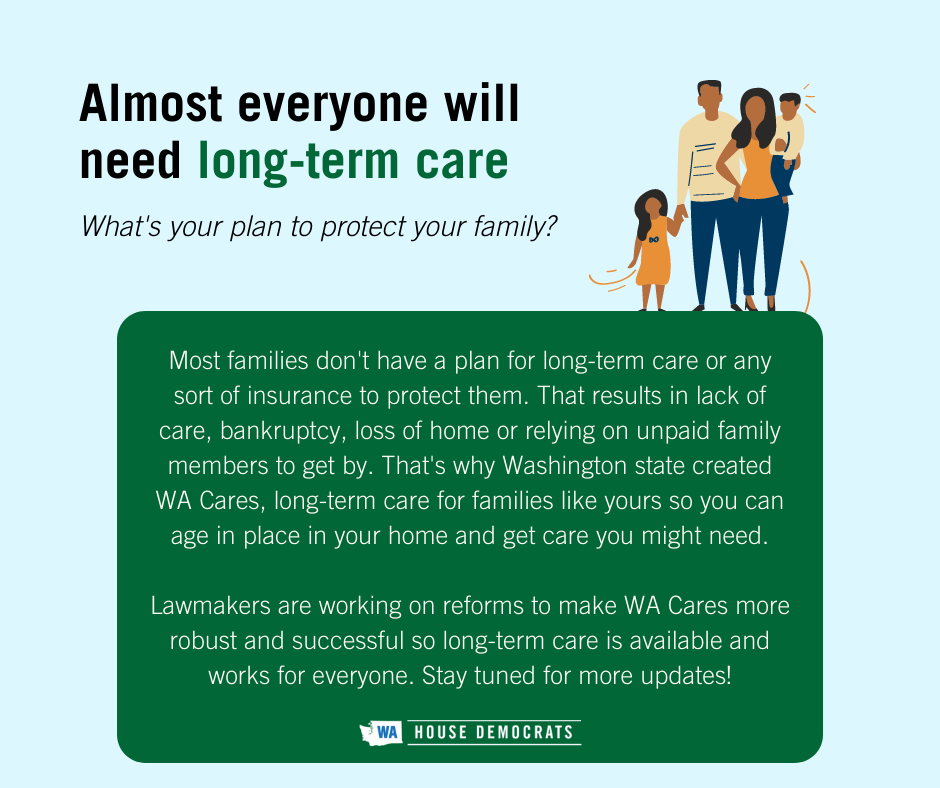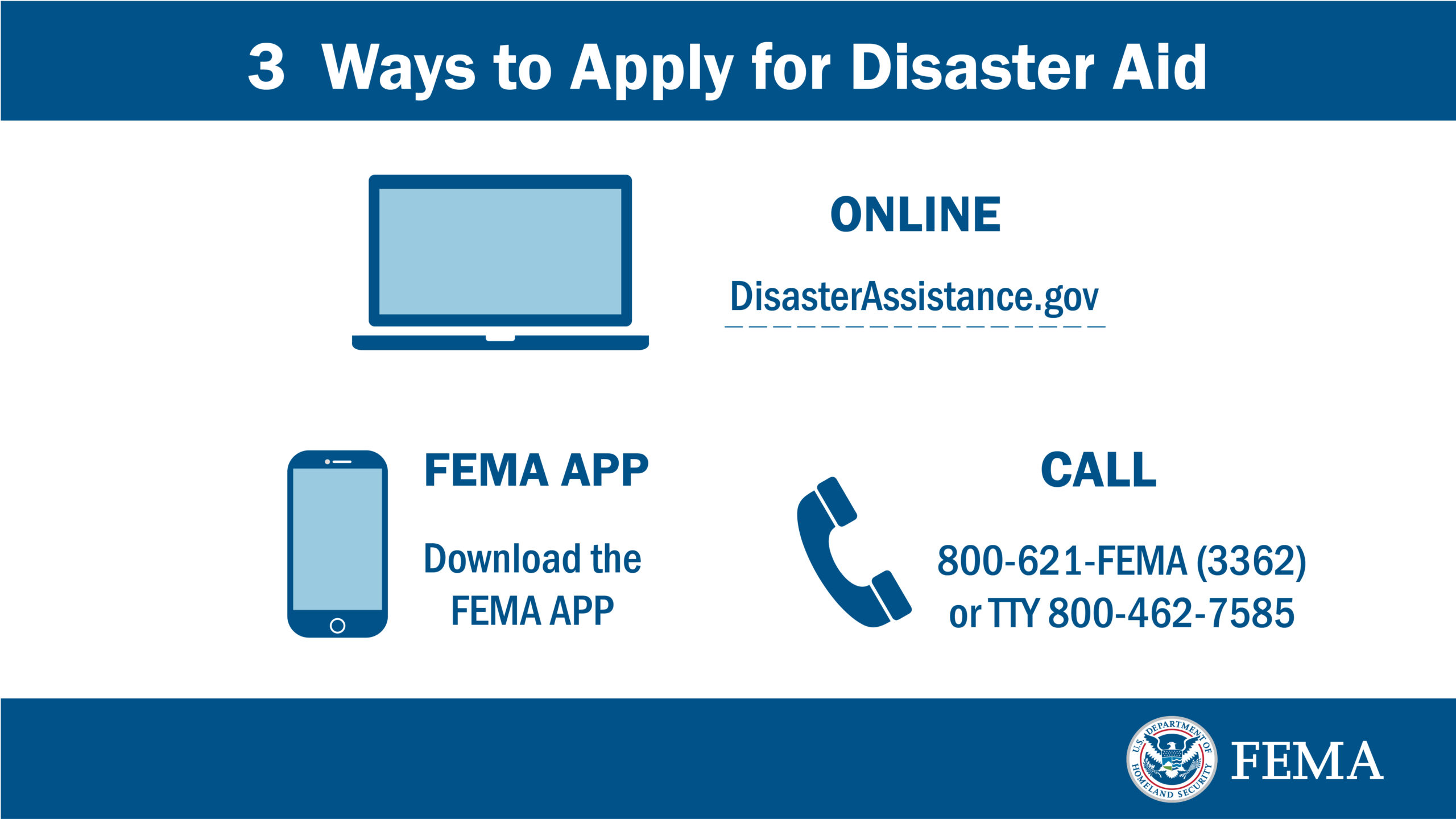Dear Friends and Neighbors,
This year’s Legislative Session is off to a running start. As we finish up our second week, I wanted to reach out with some updates about our work so far, some resources that are available, and some ways you can get involved.
FEMA Flooding Assistance
On January 5, President Biden approved Washington state’s request for FEMA assistance to recover from flooding and mudslides that occurred between November 13 and November 15, 2021. This assistance is available to affected individuals and businesses in Clallam, Skagit and Whatcom counties and Lummi Nation, the Nooksack Indian Tribe and the Quileute Tribe.
If you are a resident or business owner who sustained damages in the November floods, you can begin applying for assistance by registering online at www.DisasterAssistance.gov or by calling 1-800-621- 3362. Assistance can include grants for temporary housing and home repairs, low-cost loans to cover uninsured property losses and other programs to help individuals and business owners recover.
COVID-19 Testing
In addition to the Biden Administration’s efforts to distribute at-home COVID-19 tests delivered through USPS, the Washington State Department of Health has opened up a portal to request free, at-home COVID-19 tests. More information is available here.
Listening to your concerns, reforms to make WA Cares better for your family
Did you know that most people have no plan for how they can age in place in their own homes or handle basic long term care needs? In fact, most families don’t have any sort of insurance to protect them. That leads to people spending down their savings to qualify for Medicaid, which is paid for by the state through your tax dollars. Some people rely on unpaid family members for basic needs, or just go without care at all. We cannot accept this broken system that bankrupts people and leaves seniors and individuals with disabilities without care they need.
 The solution is WA Cares, the next step for a true social safety net that protects working families like yours.
The solution is WA Cares, the next step for a true social safety net that protects working families like yours.
So many families do not have a plan to ensure they can age in place, in their own homes, and with the appropriate level of care or necessary home upgrades. That’s exactly what WA Cares helps provide, and why it’s so important we make sure it is successful and accessible for as many people as possible. And that’s why I’m supporting two new bills to make WA Cares better.
Those bills, HB 1732 and HB 1733, offer reform that gives near-retirees a chance to qualify for the fund—something that was missing when this program first launched—and will offer exemptions to our military spouses, disabled veterans, and border-state workers. I also support budget plans to determine how to make the WA Cares fund portable for individuals who move out of state after they vest into the program. We are also pursuing an option to allow people who regretted opting-out a chance to reenter this important program. I will not support any other legislation that weakens or removes this crucial benefit that our senior population needs.
Corporate insurance has failed to provide for the long-term care needs of Washington families and is far more expensive and far too unreliable for most Washington families. Corporate insurance is allowed to deny you coverage for pre-existing conditions, cancel coverage for no reason, and increase premiums, keeping long-term care out of the reach of families like yours.
WA Cares won’t deny or cancel your coverage and is cost-effective for working families. We can’t let this vital benefit be stripped down or taken away from the people who need it.
No matter how old you are today, someday you will probably need some long-term care or changes to your home to age in place. I’m supporting reforms to WA Cares that ensure a robust and accessible solution for families looking to pay for long-term care needs.
Growing Opportunity for Washington Students
The COVID-19 pandemic hit post-secondary education hard. Higher education, apprenticeships, and other credentials give students a path to a more secure future, and these options should be available and affordable for everyone. With declines in financial aid applications and lower enrollment & retention rates, we must take action this legislative session if we want to ensure students can get the credentials they need to succeed.
The Washington College Grant is our state’s largest financial aid program, & it’s been recognized nationally for it’s success. We can build on that success this session by:
- Creating “Bridge Grants” of $1,000 a year for students at or below 70 percent of the median family income and increasing the amount of funding most students would receive from the Washington College Grant. (HB 1659)
- Making it easier for students to fill out the FAFSA and WAFSA (Washington Application for State Financial Aid). Our financial aid programs only work if people access them, HB 1835 would increase outreach and explore how to pre-qualify people in other state-level benefit programs.
- Creating a state student loan program. When students take out a loan the interest rates can range from 3-15 percent. Creating a state program capped at 1 percent interest will help save students money when they need to take out loans. (HB 1736)
These bills will help to ensure low-income students, older or returning students, first generation students and more are able to get the credentials they need.
Tell us how to change Washington state’s tax code!
For the last few years, the Tax Structure Work Group (TSWG) has aimed to identify options to make the Washington State tax code more fair, adequate, stable, and transparent for both individuals and businesses. After conducting extensive analyses of Washington’s current tax structure, as well as modeling many possible scenarios for updating the code, the TSWG wants to hear your thoughts!
Learn more about the Work Group and the work they do in this 2 minute introductory video.
Provide your feedback on ideas for changing Washington’s taxes by completing the TSWG survey before the January 31 deadline.
The proposals are just ideas at this point – the Work Group has not developed policies or bills yet. Depending on how much time you have, I encourage you to fill out either the short version of the survey (takes approximately 5 minutes) or long version of the survey (takes approximately 30 minutes) . There are also multilingual surveys available in Spanish (Español), Vietnamese (tiếng Việt), Korean (한국어), Traditional Chinese (正體字), Simplified Chinese (简化字) and Russian (русский).
Thank you in advance for helping to shape the future of taxes in our state.
![]()

